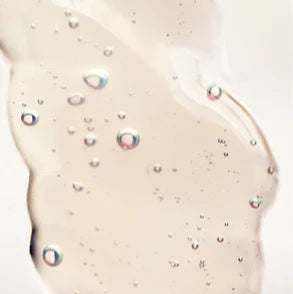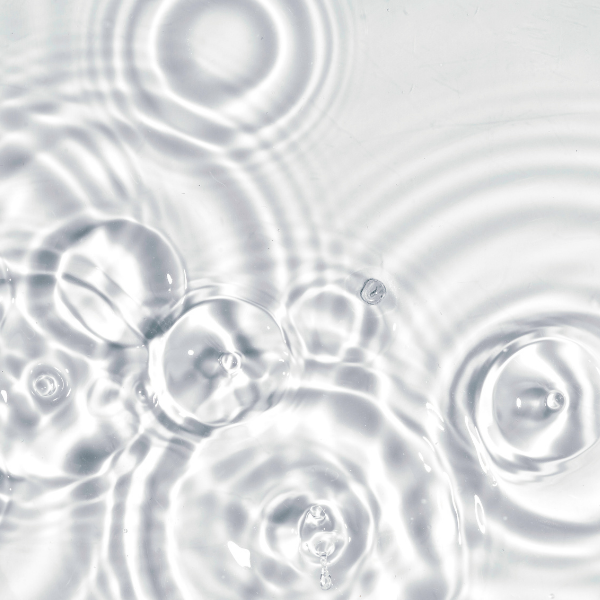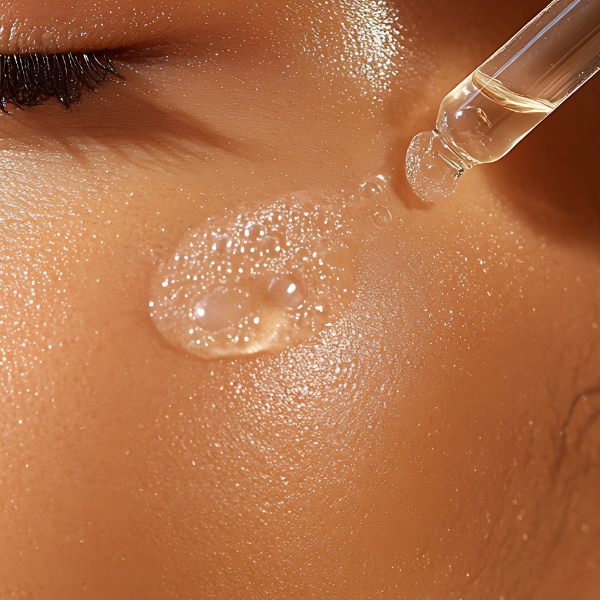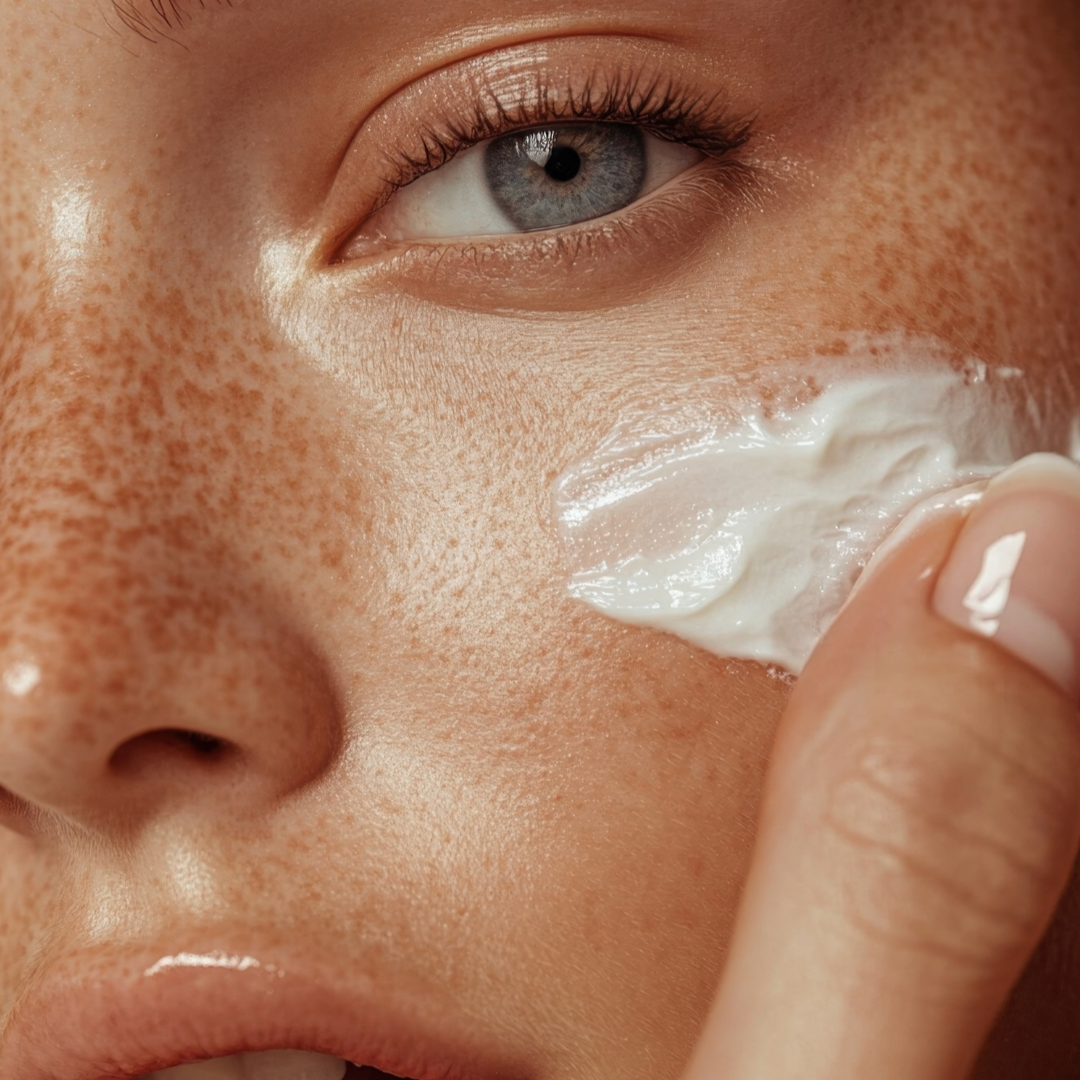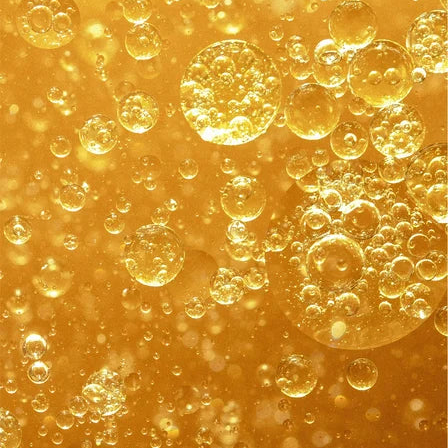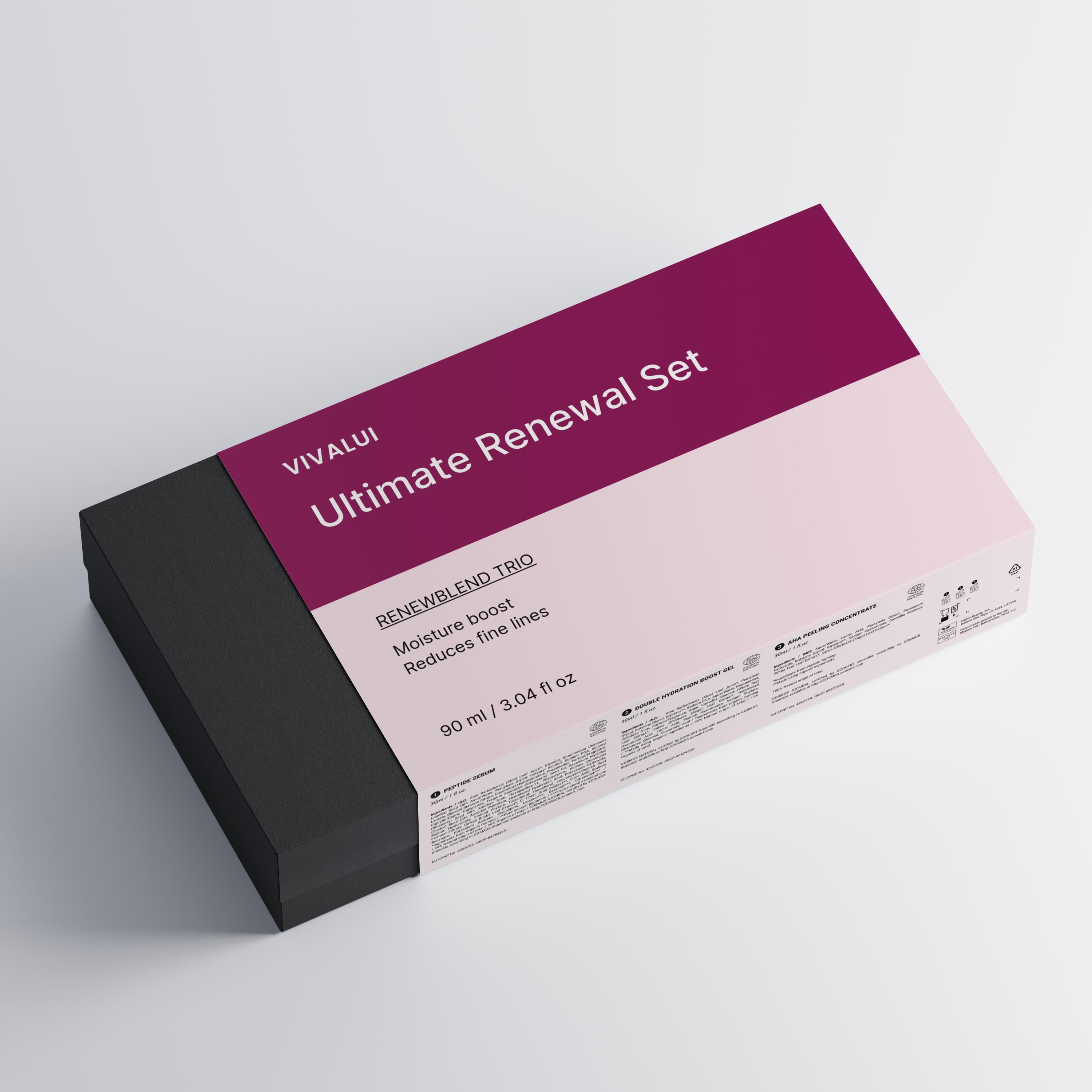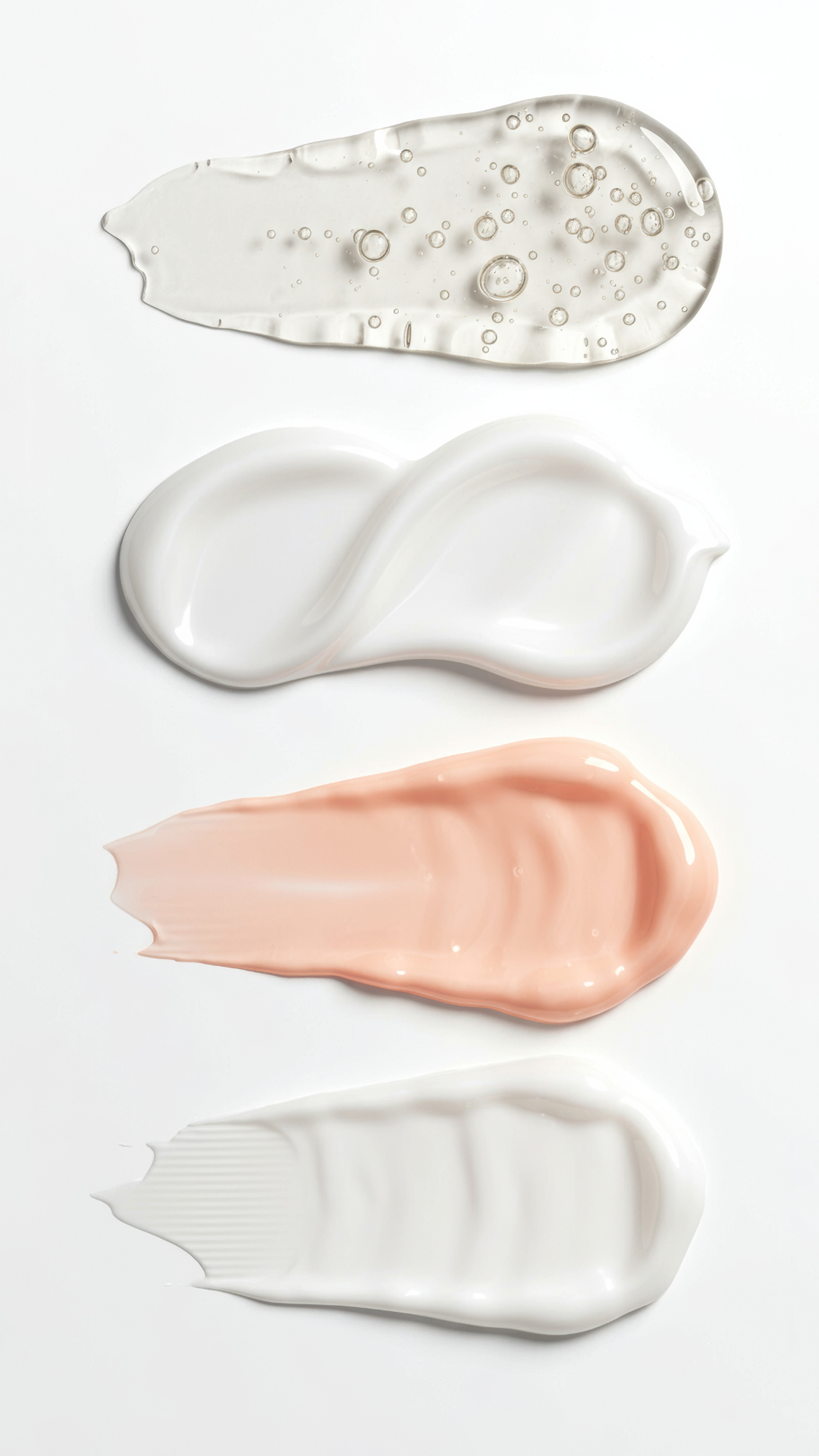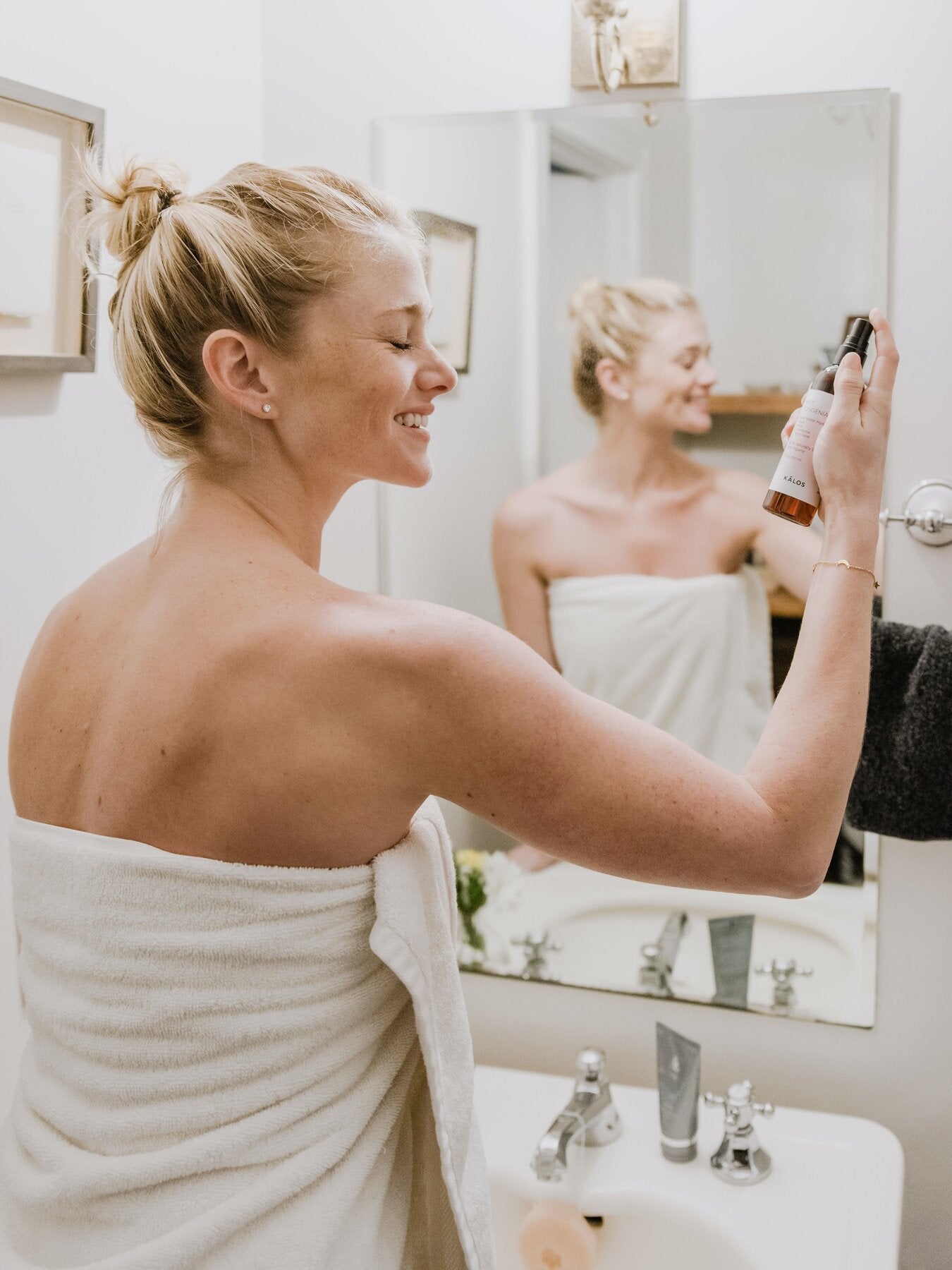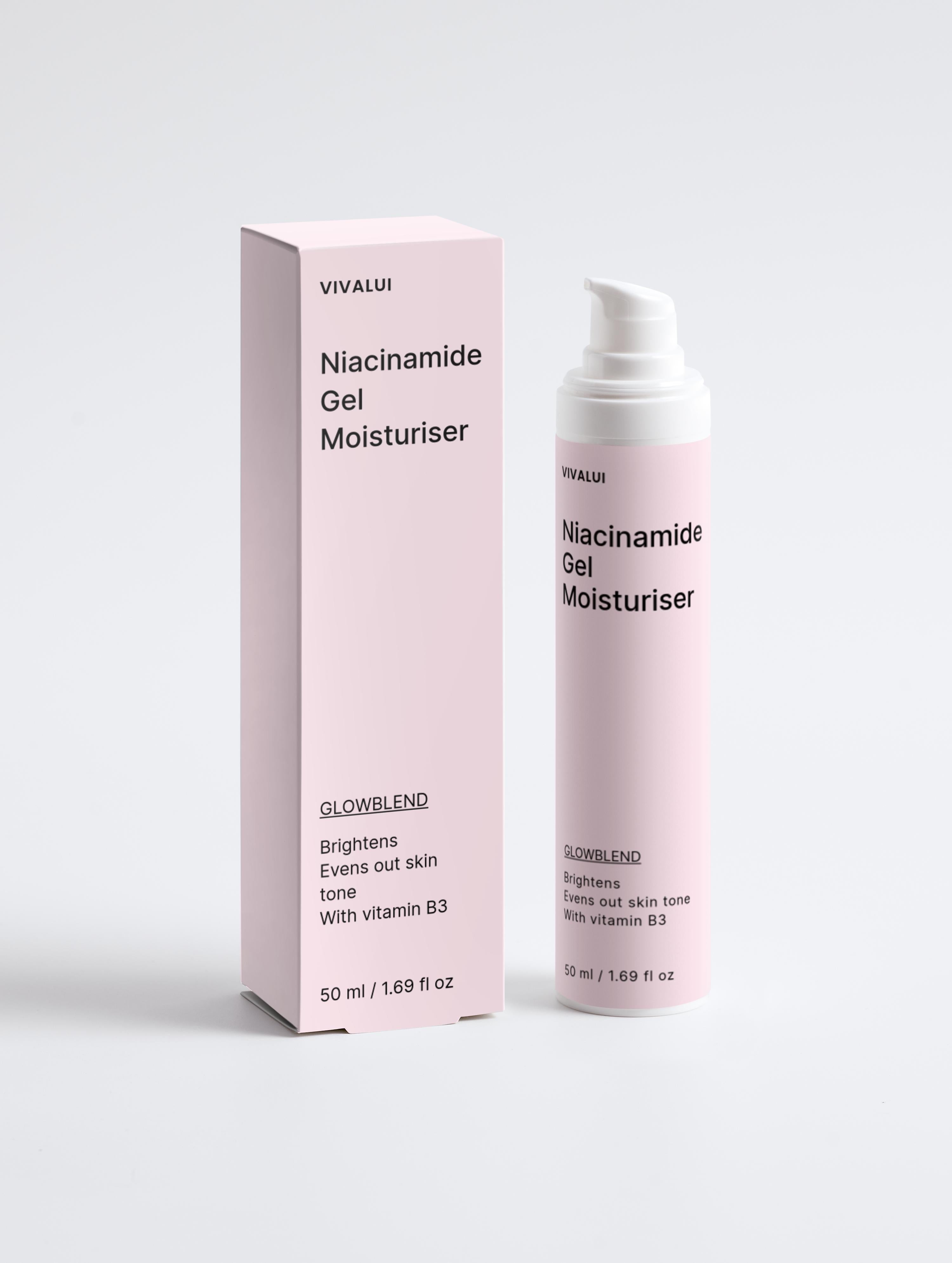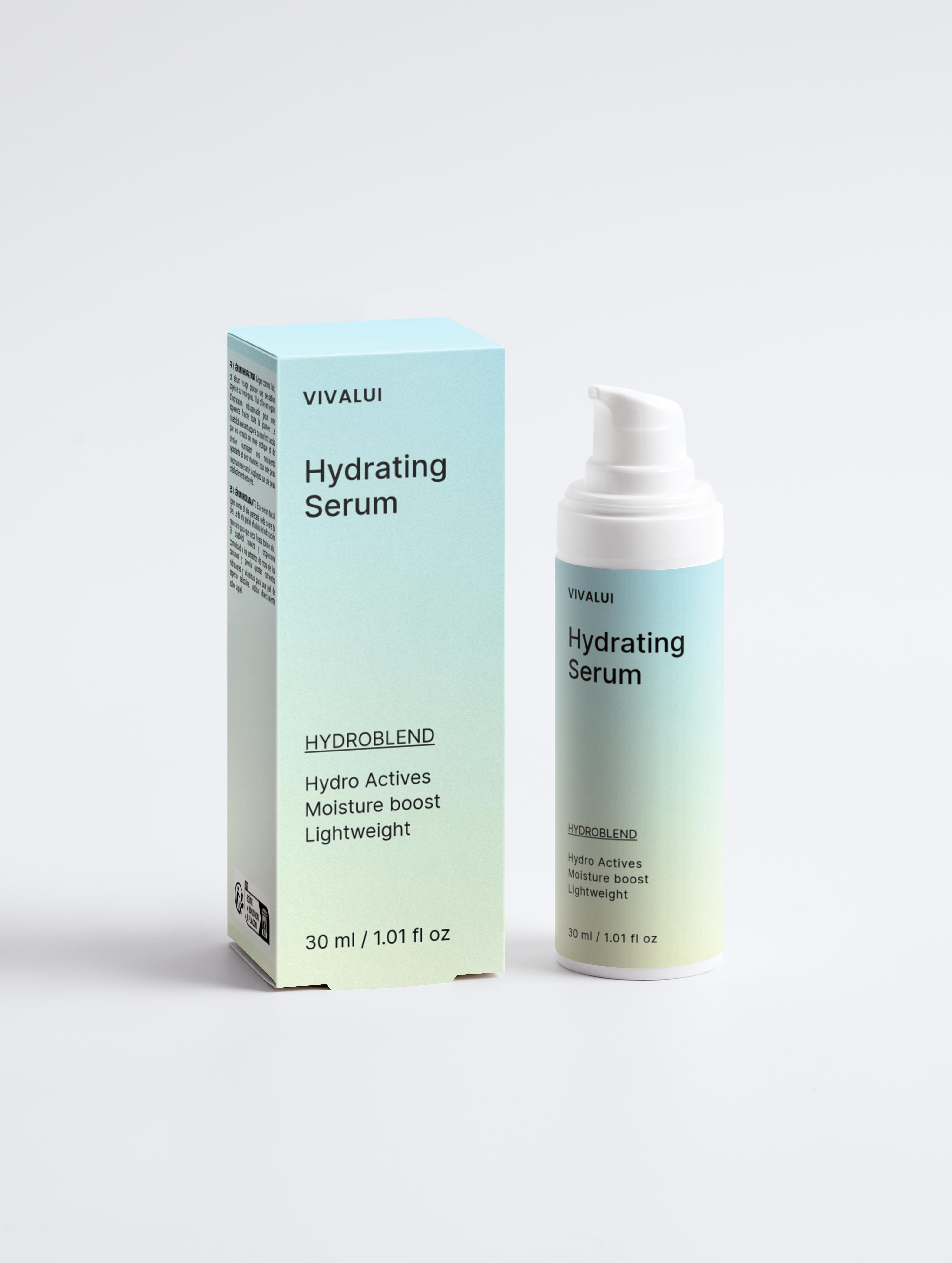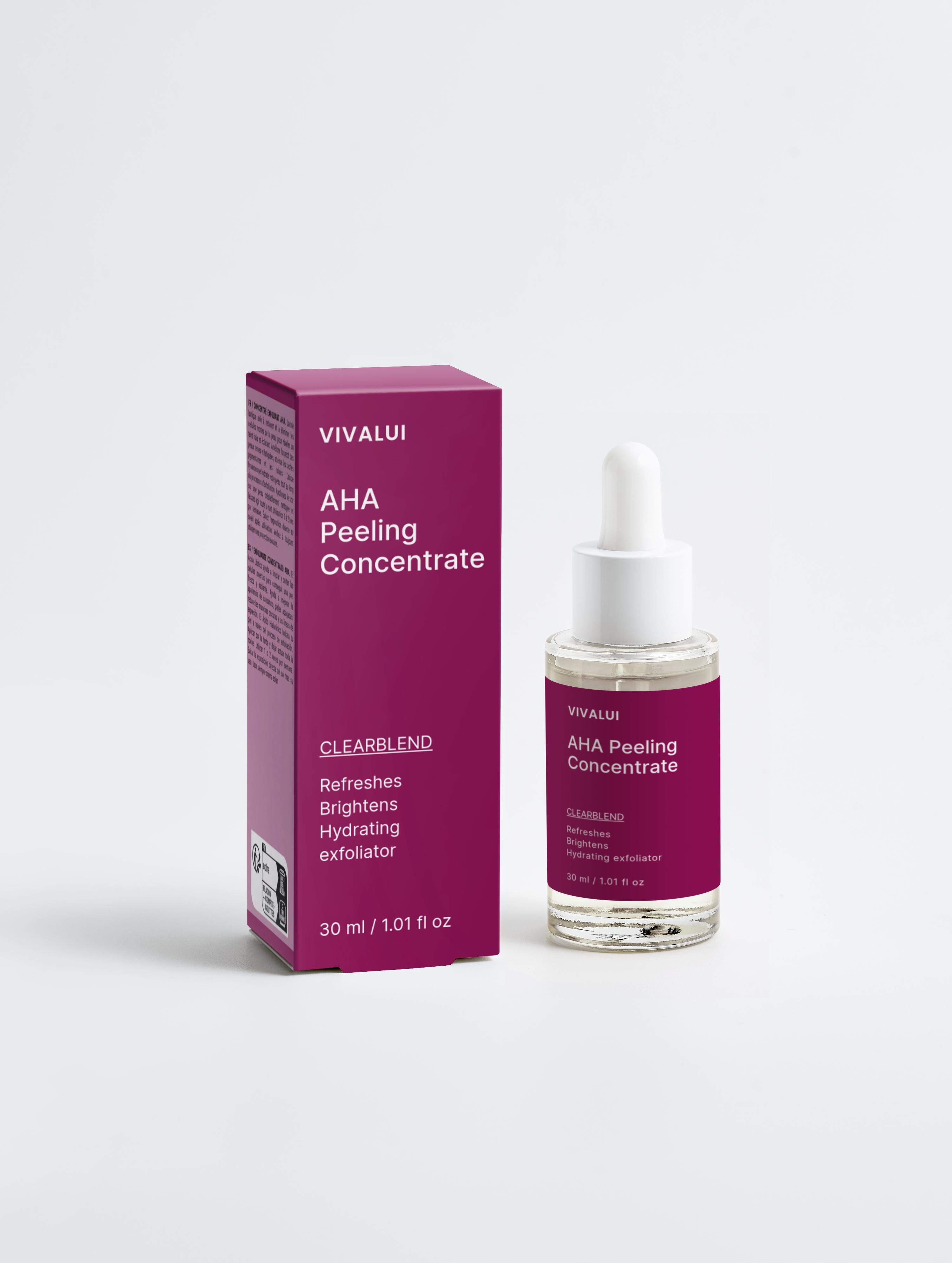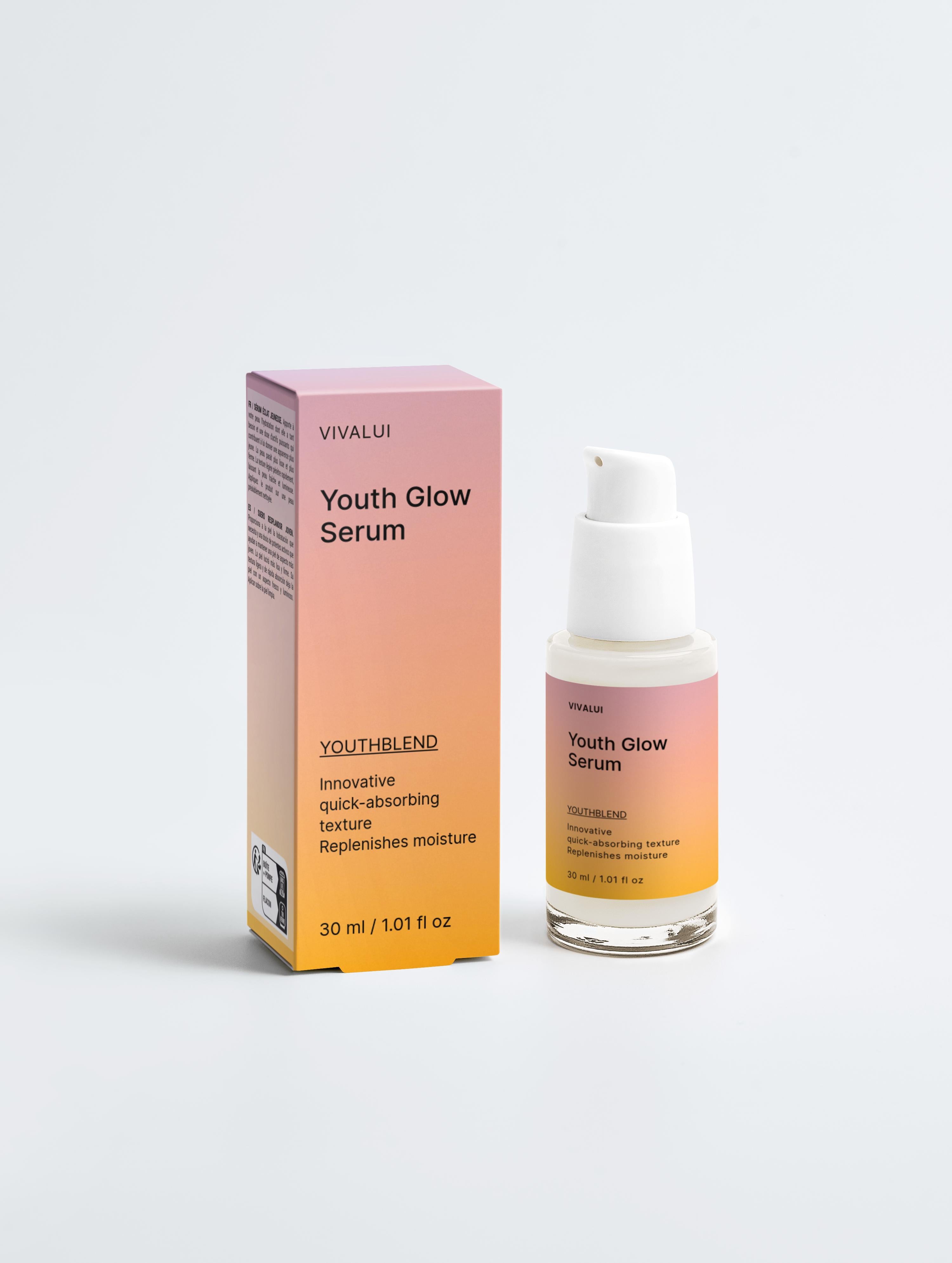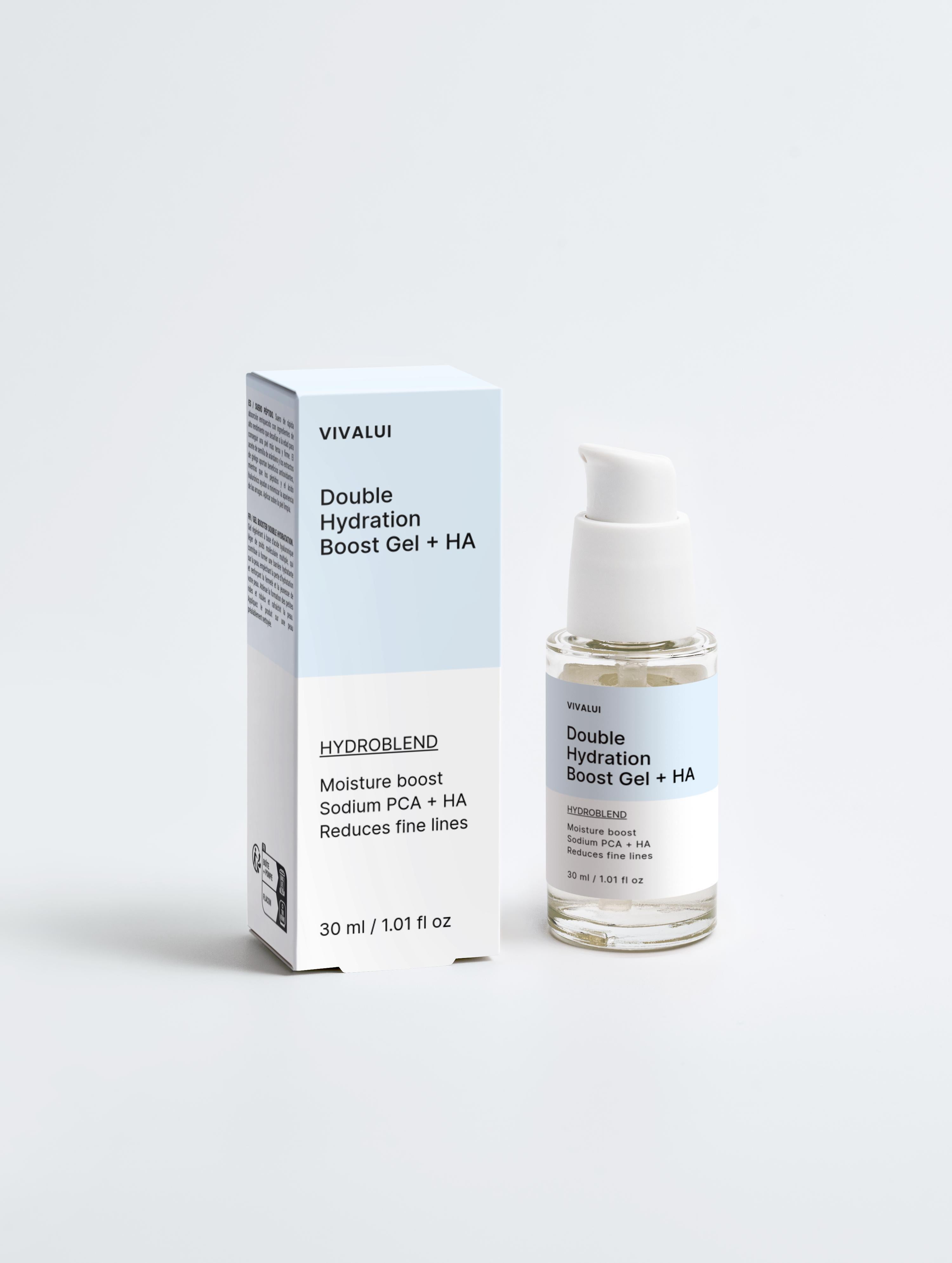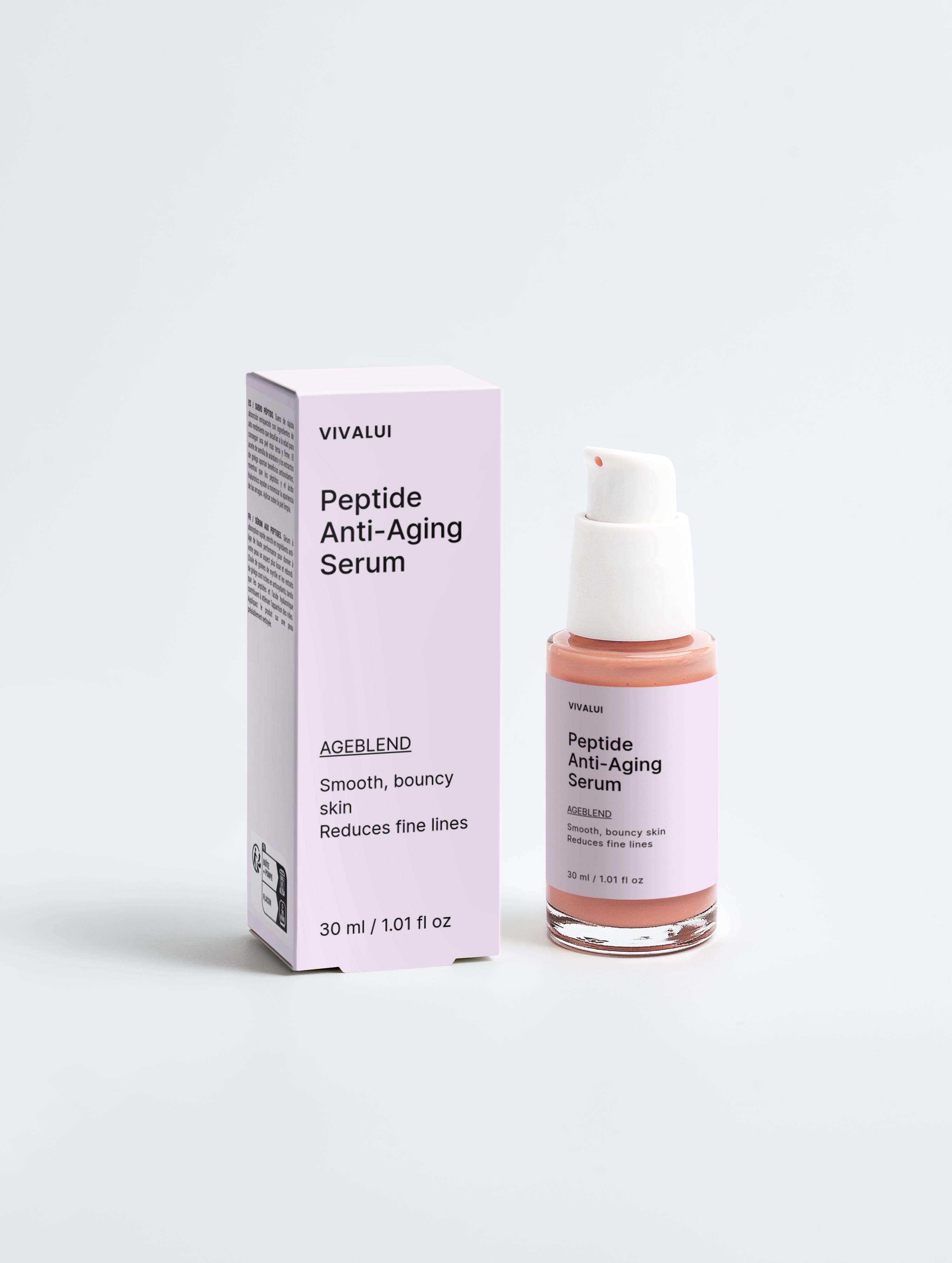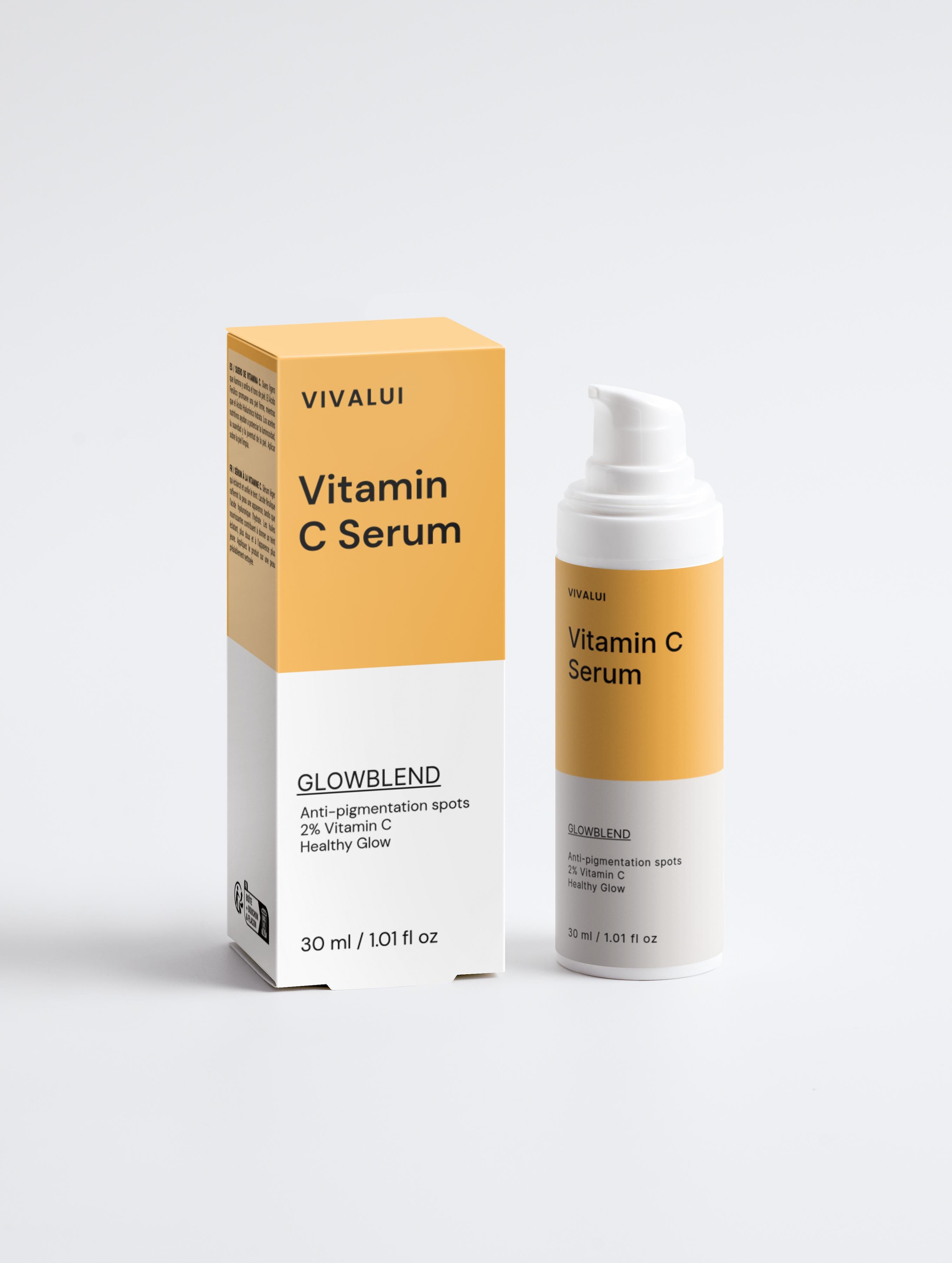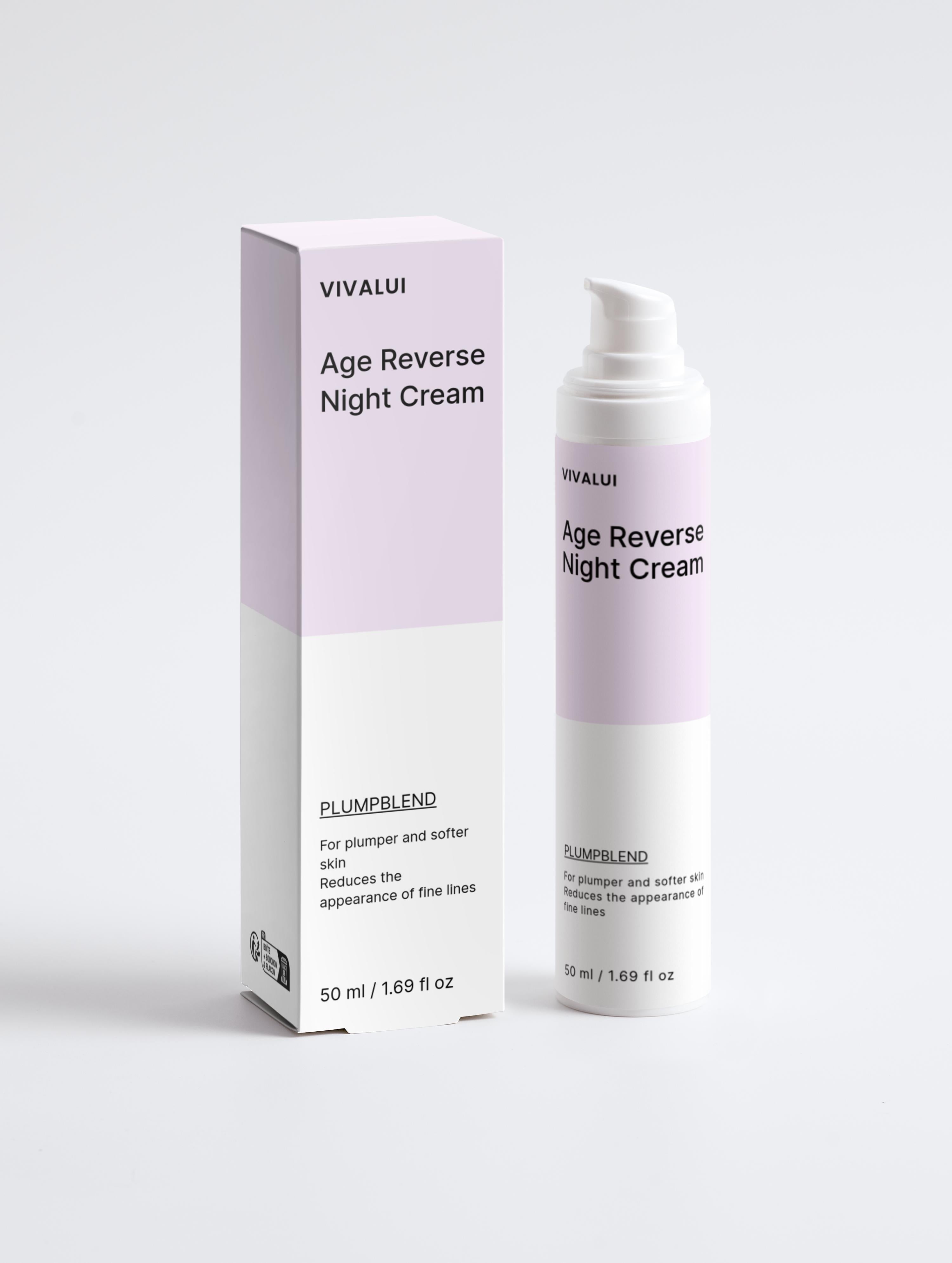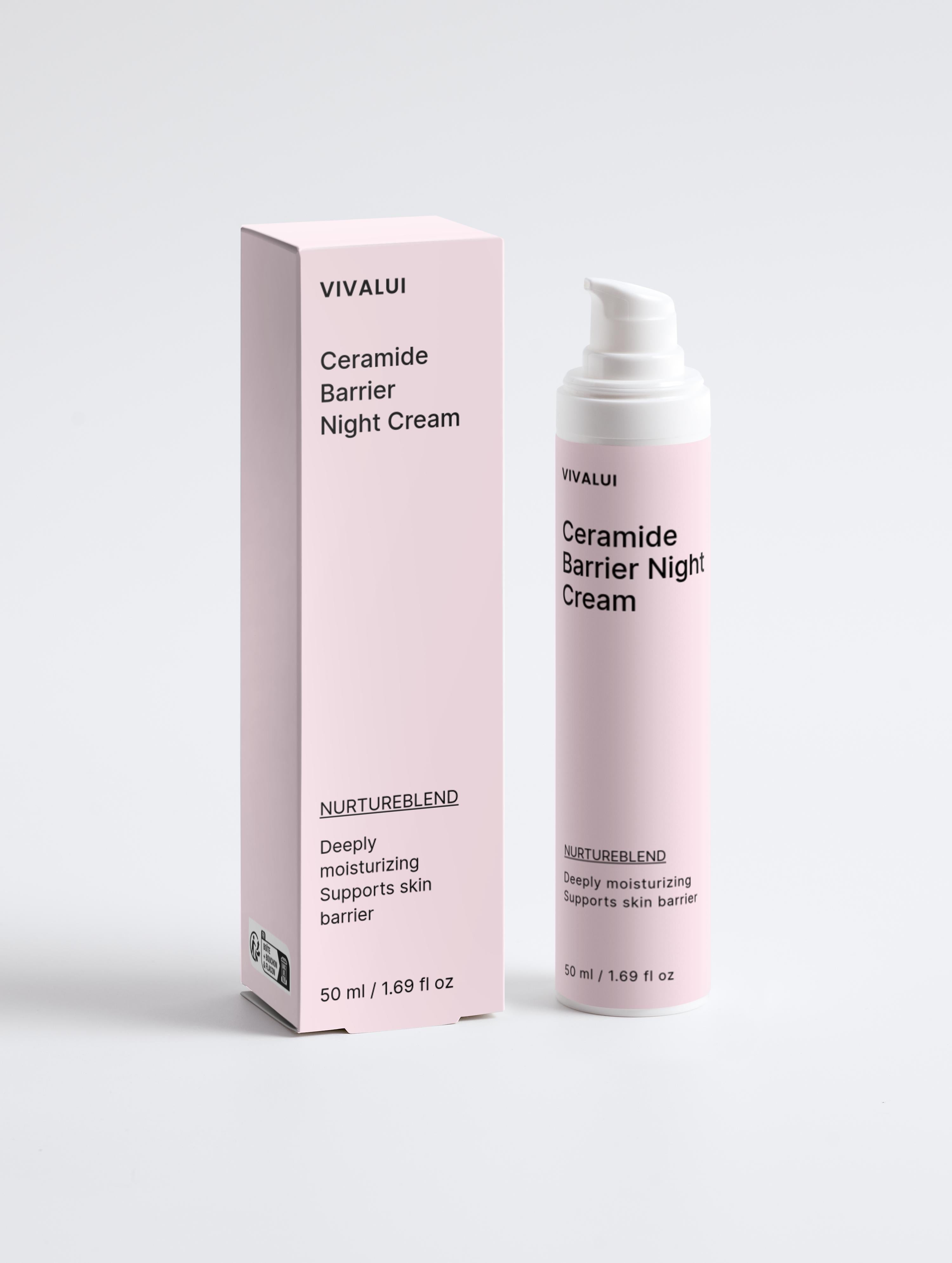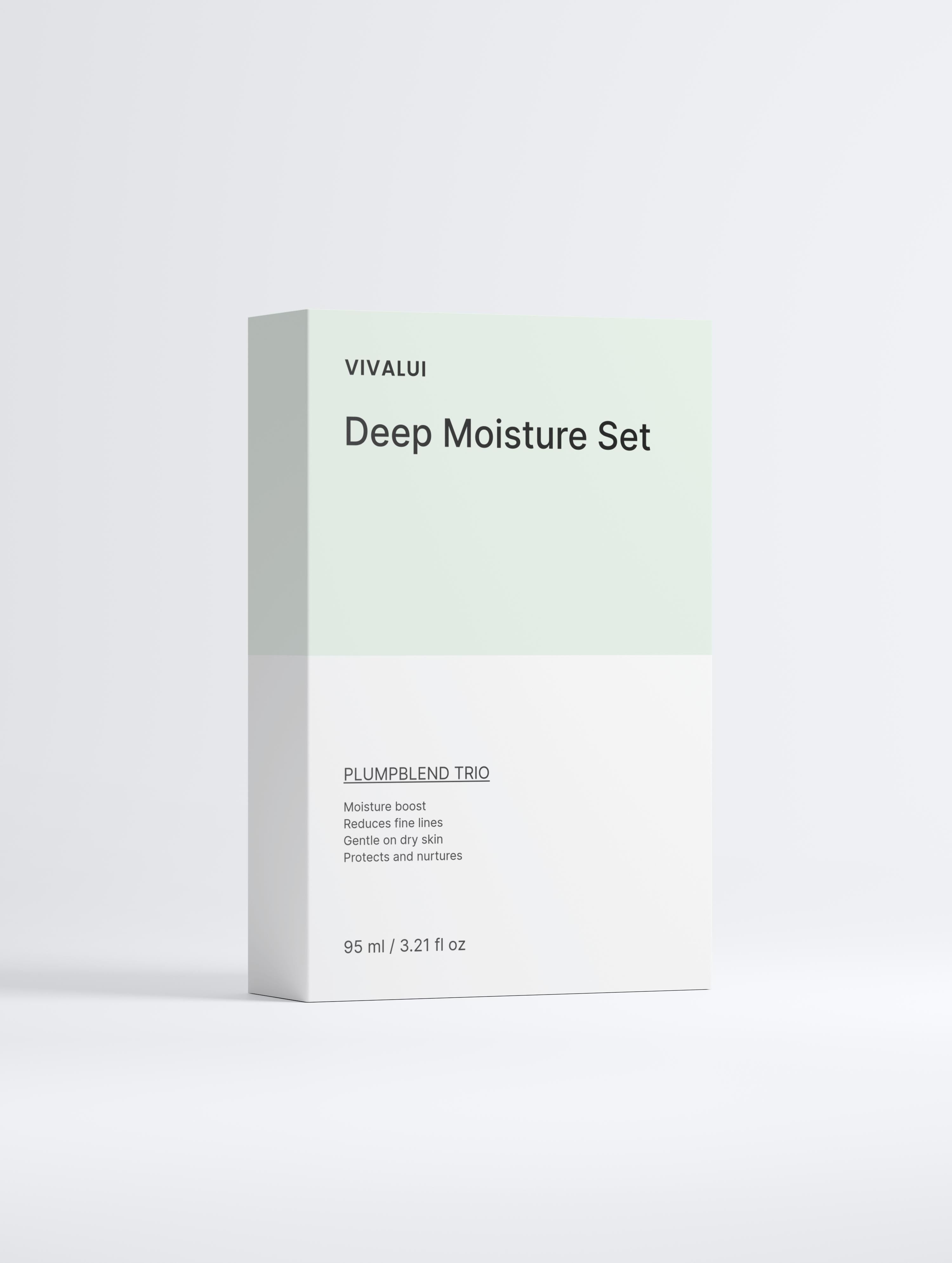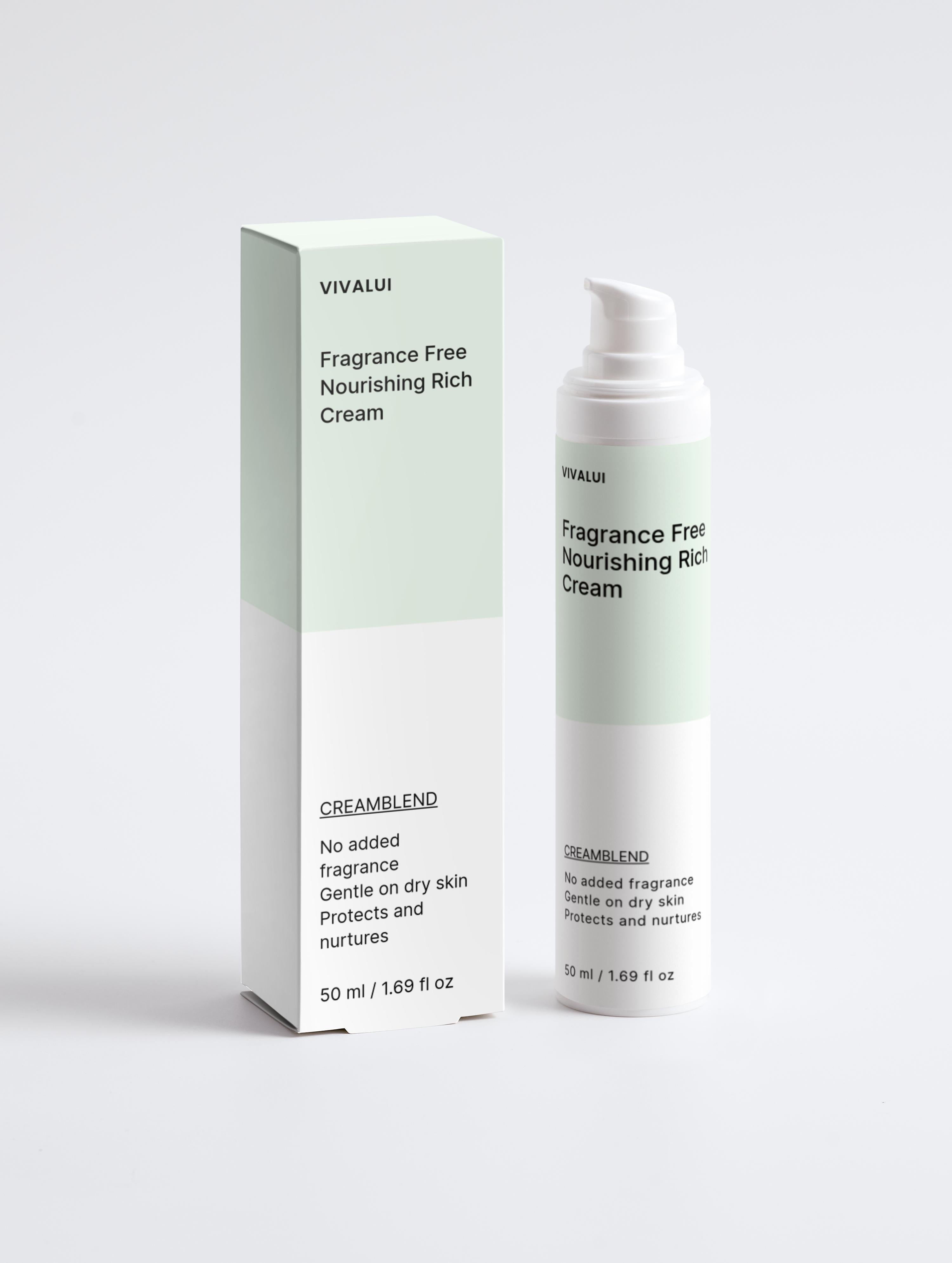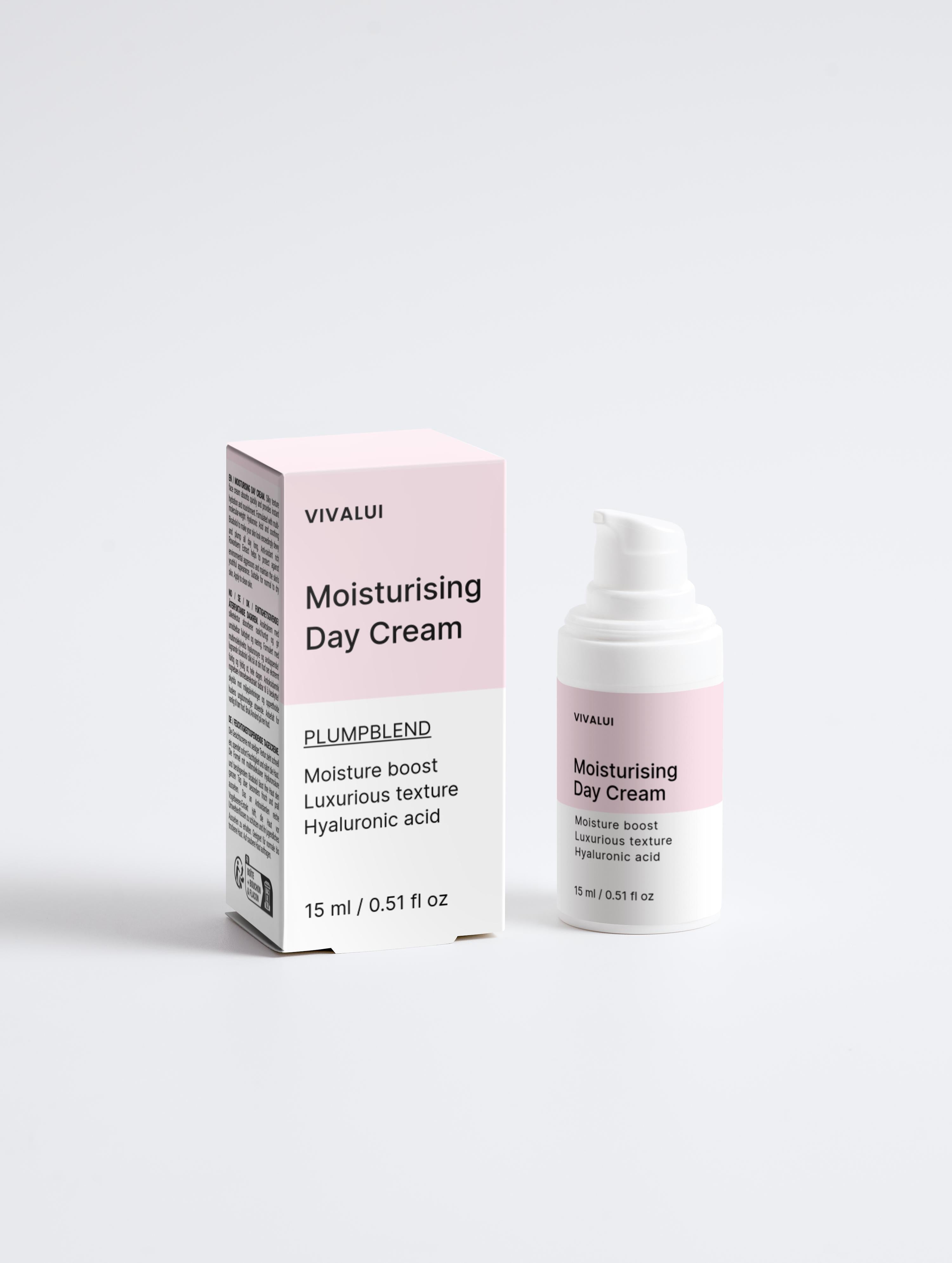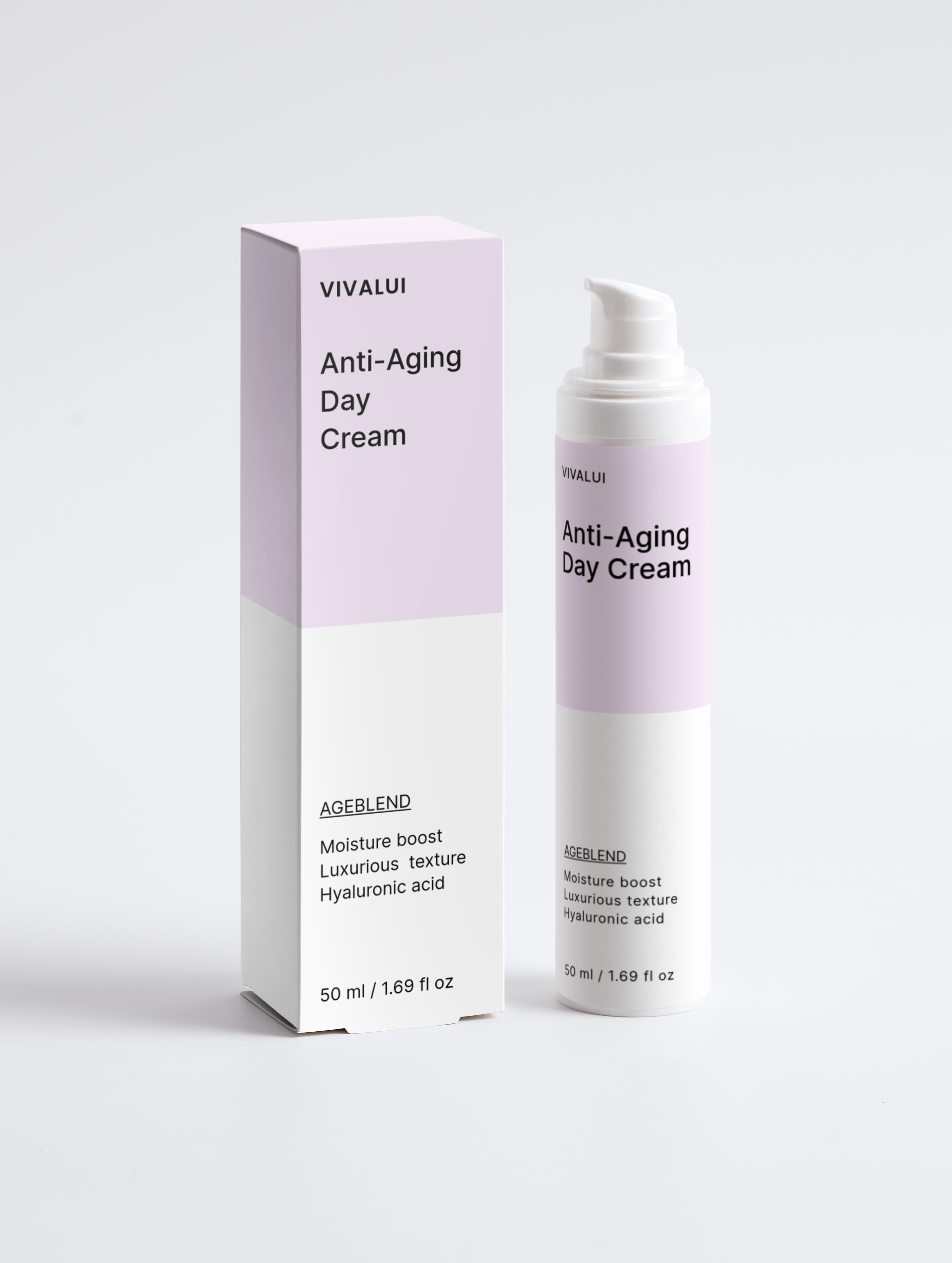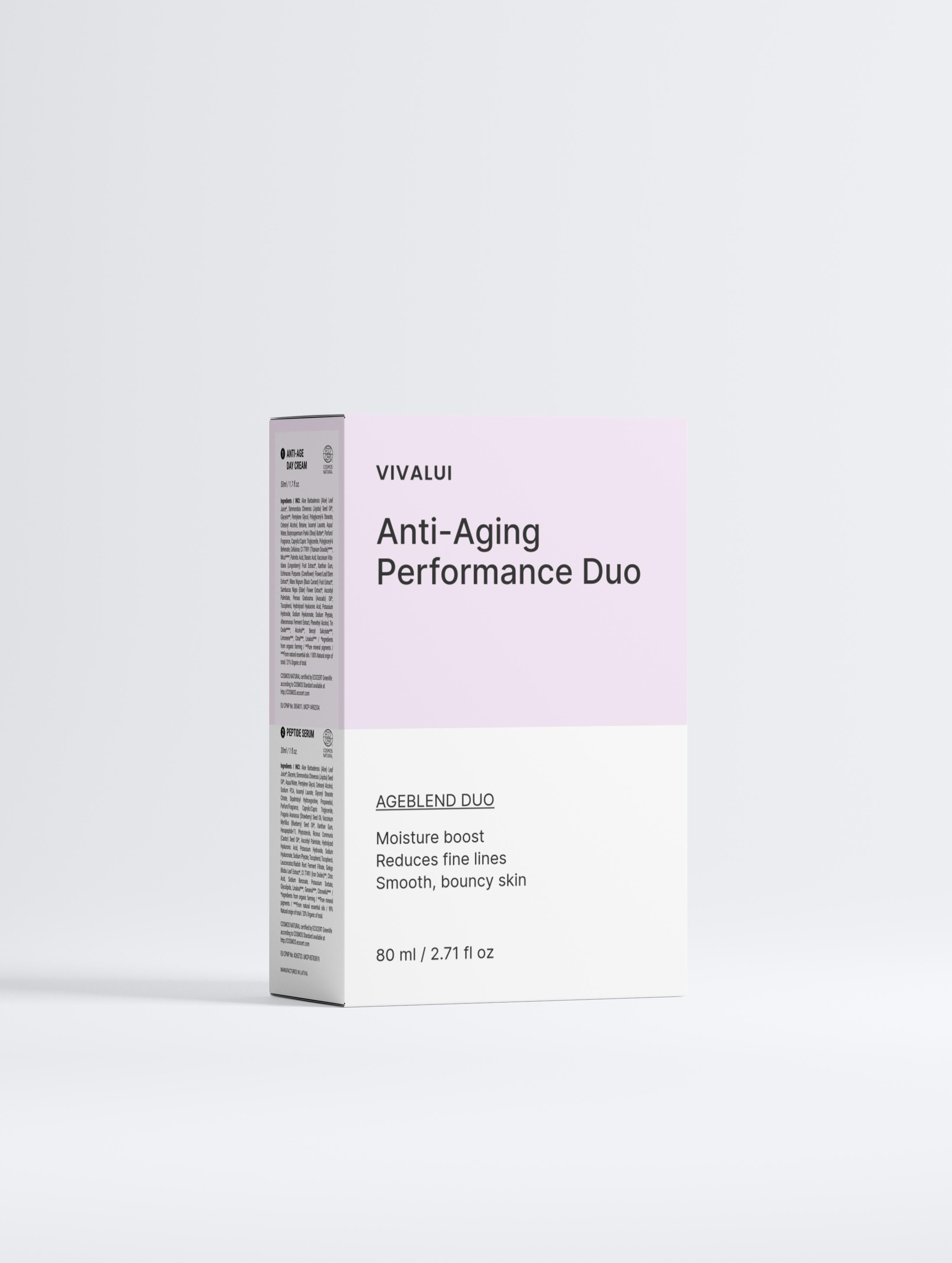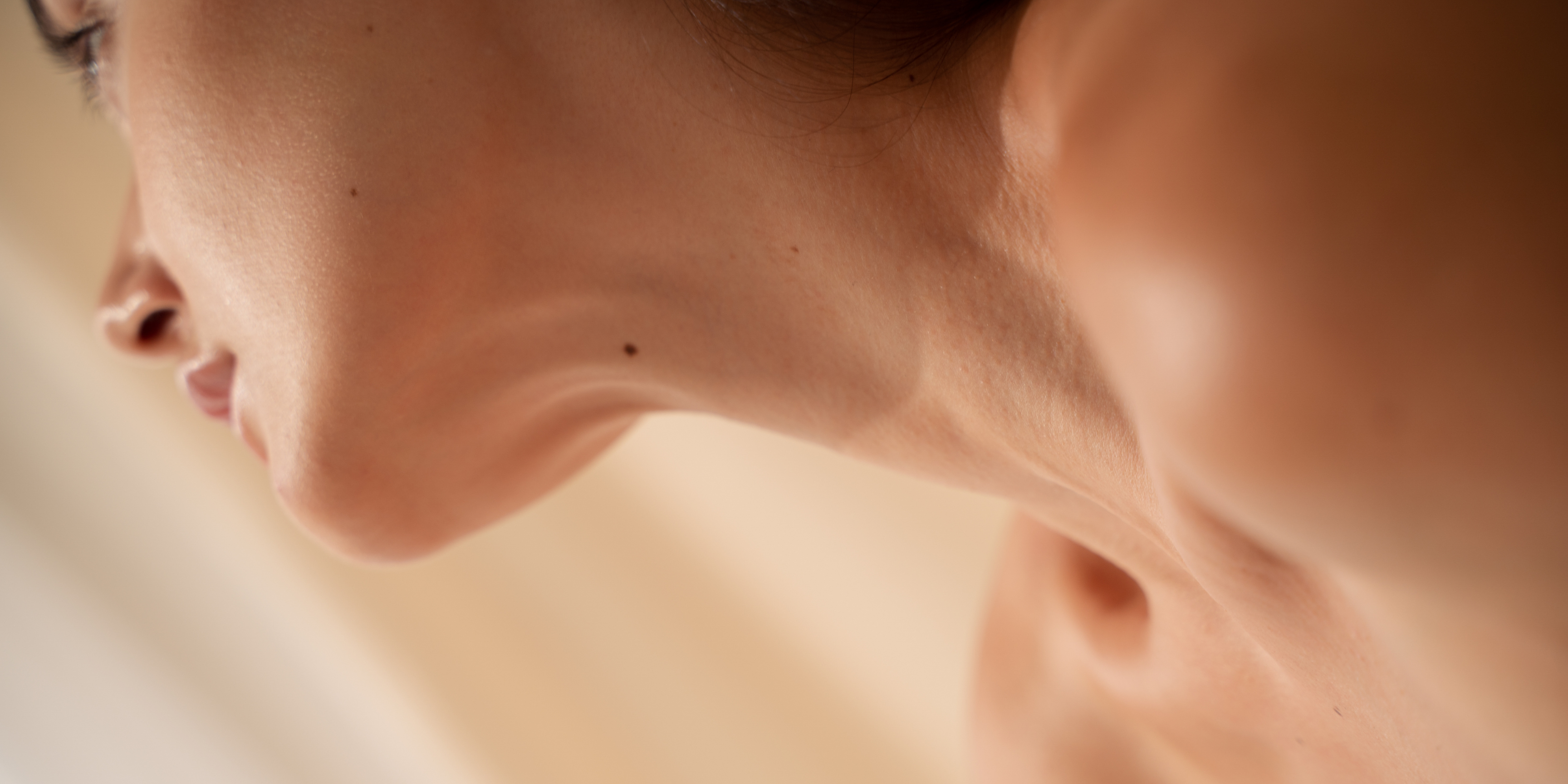Flawless skin is just a matter of seconds when it comes to your virtual presence. Filters can remove any signs of imperfection on your skin just like that. What about the real-life you? Without proper skincare, you could end up with a skin nightmare. Different types of skin have different issues if you don’t follow a proper skincare routine.
Since skin issues are a major concern nowadays, what you need to do is get an expert who can help you. Dermatologists are professionals who inherit all the expertise to suggest you the most trusted skincare routine and products according to your skin type.
You’ll be amazed to know how dermatologist-approved skin care can do wonders for your skin. All you need is to build a healthy habit of taking care of your skin and using products as prescribed by a licensed dermatologist.

[So what is the best skincare for acne and aging?]
Acne is the skin issue that is every teenager’s nightmare. However, it’s not just teens who suffer from acne. Adults are sometimes victims of this common but stubborn skin disorder. The worst thing is that no matter what type of skin you have, you can have a break out any time.
Dermatologist Approved Skincare For Acne
The process starts with understanding your type of acne. Those could be blackheads, whiteheads, pimples, acne nodules and cysts. So, now that you know not all acne can go away with calamine, let’s explore how dermatologists treat different acne-prone skin types.
The skincare that dermatologists advice also depends on several other factors like age, treatments tried earlier, the place where the acne occurs and more.

Oily Skin
If your skin secretes more oil than needed, it clogs the pores leading to different kinds of acne. Often painful and puss-filled, acne comes with a lowering of self-confidence, too, mostly in teens.
Most blackheads, whiteheads, and mild and moderate pimples can be treated with topical medications as prescribed by dermatologists. Benzoyl peroxide is one common skincare treatment for acne, but without being prescribed by dermatologists, it should not be used on the skin.
Other than treating acne, dermatologists also ensure that acne-prone skin doesn’t suffer sudden breakouts. Here are some of the most commonly prescribed dermatologically approved skincare treatments for acne.
- Keep your skin clean
According to dermatologists advice, whether your skin is acne-prone or not, you should clean your face twice a day. In the morning and at night before sleeping you should wash your face to avoid getting breakouts.
Dermatologists always recommend cleaners that are non-comedogenic, that is, cleaners that don’t clog the pores. You can go for foaming soap or facial cleansers that dermatologists often approve to be used on acne-prone oily skin.
- Astringent to the rescue
Astringent helps to reduce pores and acts as a toner helping you to fight excess oil. You can use Witch Hazel which is a common astringent used to treat acne-prone skin. You can also use other natural astringents but be sure not to dry out your skin a lot.
Dry Skin
If you think people with dry skin are blessed with no acne problems, then think again. Dry skin is a condition that gives you a flaky and rough look. Even dry skin gets acne and since treatments often dry skin even further, it could be worse than oily skin breakouts.
If you don’t take care of dry skin, there is an excess of dry, dead cells. Without proper exfoliation or scrubbing, these cells can clog the open pores leading to acne of various kinds, blackheads and whiteheads being the most common type.
To treat dry skin with acne, you need to care more and ensure that you don’t dry out the skin even further in an attempt to reduce acne. Here are some of the dermatologically approved skin care tips to prevent acne.
- Use Retinol in moderate measures
Since dry skin leads to more dead cells, dermatologists almost always recommend Retinol. Retinol helps to keep pores clean and prevent acne. However, Retinol also causes dryness and should be used in very small amounts once or twice a week for people with dry skin. You could also use an oil-free moisturizer after using Retinol.
- Use moisturizers to rehydrate your skin
Most people think that moisturizer can worsen your acne, but in reality, it is needed to hydrate your skin even if you have acne-prone skin. In a way, those who suffer from acne get away from moisturizers but being a fact, acne-prone skin is in need of hydration to save the skin away from dryness. Thus, applying skincare products with ingredients like salicylic acid as well as natural healers like aloe vera will be more beneficial. If you have dry skin, using an excellent oil-free moisturizer is necessary.
- Spot treatment measures
When you have dry skin and breakouts, you can’t risk drying your skin too much. This is why dermatologists often go for spot treatment. Spot treatment is focused on minimizing the effect of breakout on the skin. The dry skin needs to be treated with care while applying ointments or creams, as dermatologists may suggest like the right combinations of ingredients like benzoyl peroxide and others to avoid excess dryness on surrounded areas.
Dermatologist Approved Skincare For Aging
Aging is more visible on dry skin than oily skin. Choosing anti-aging skincare products can be exhausting. The choices are many making it all the more difficult to know which is the right product for your skin. Here are some dermatologist-approved skincare tips that can help you choose skincare products for aging.
- Go for a moisturizer and sunscreen, which are the two best products for an anti-aging skincare routine. Dermatologists advise using anti-aging moisturizer along with sunscreen that provides broad-spectrum coverage. Along with that, go for sunscreens with an SPF of 30 or higher.
- Buy products that are specifically formulated for your skin type. For oily skin, go for gel-based, non-greasy moisturizers, while for dry skin, opt for deeply hydrating ones.
- Never sleep with even a hint of makeup on. Remove makeup with a gentle cleanser. From the eyelashes to the back of the ears, don’t leave any part left. This is something that dermatologists strongly recommend.
We hope this article has helped you in your search for the best skincare for aging, acne prone skin and given you some new tips.

